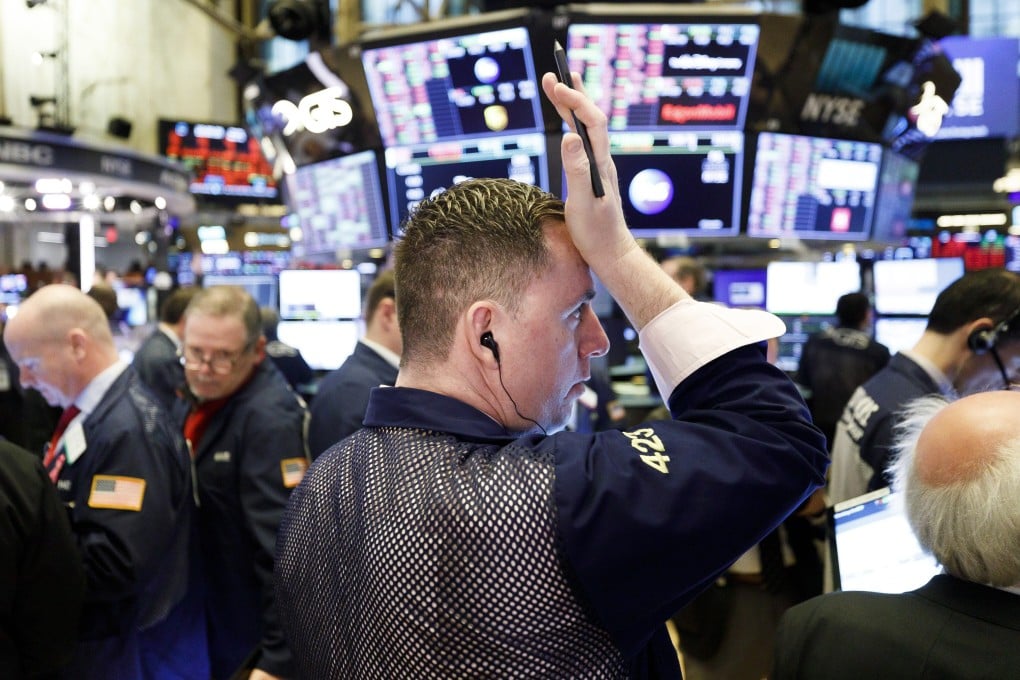Is the GameStop frenzy a Made-in-USA phenomenon, or can it be replicated in Asia’s stock markets?
- The 50 stocks that Robinhood Markets originally put on its restricted list had added US$276 billion in value from year-end to the height of the recent mania, before US$167 billion was wiped out in days as the trades reversed, according to data compiled by Bloomberg
- GameStop tumbled 60 per cent on Tuesday, extending this week’s loss to 72 per cent.

On the surface, it looks like the GameStop uproar pitting Reddit day traders against giant hedge funds is going global. New accounts at Tiger Brokers in Singapore surged last week. In the UK, Trading 212 is the most downloaded app in the country, while in South Korea, GameStop is among the top 10 most-held foreign shares.
Yet even as the hype spreads, the equity trading revolution playing out in the US is unlikely to be matched any time soon in Asia and Europe. Tighter restrictions on short selling, limited options trading and higher taxes and fees will keep it a US game for now.
“There are some important elements in the European markets that differ from the US that make it difficult to see a repeat,” said John Garvey, global financial services leader at PwC, who cited limited free trading and restricted short selling.
China would be the obvious place for it to spread further. Retail traders dominate equity markets in the world’s second-biggest economy, with stock forums like East Money Information and Xueqiu stirring up buying in Reddit-like fashion. It remains largely a one-sided bet though after short-selling was curbed followed a 2015 market crash.
While restrictions have been eased, short interest accounts for a fraction of 1 per cent of the outstanding float of shares on Chinese exchanges. This compares to about 3.5 per cent for companies in the S&P 500 index, according to data from Markit. Short bets are also expensive in China, since the massive pension funds that might otherwise lend shares for a short bet are prohibited from doing do. That means there are few if any billion-dollar hedge funds vulnerable to a short squeeze of the kind that helped fuel GameStop’s moon shot.
There are also no single stock options in China, which juiced buying pressure in the US. Meanwhile, China exchange rules cap daily stock moves at 10 per cent, an anathema for day traders. Given the restrictions, hedge funds have tended to express bearish views on Chinese companies through Hong Kong or US-listed shares.
